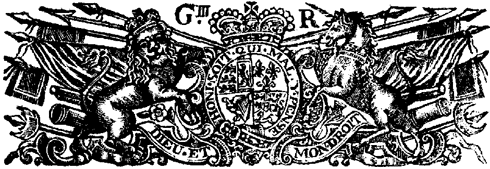

The First Foot Guards
We are a Revolutionary War
reenactment group based in Boston MA,
accurately portraying the royal household regiment that is now known as
The Grenadier Guards
Was
it possible that the Guards Musick
played "The Star Spangled Banner"?
Fueled by the popularity of the Freemasons and the success of learned societies (such as The Royal Society) gentlemen's clubs became popular in London in the last half of the 18th century. Such clubs catered to the varied interests of gentlemen. In 1776 the Anacreon Society was founded by a group of well-meaning men. With its high-sounding classical name, the aims of the members were to get drunk regularly and sing disrespectful (often ribald ) songs. The society took its name from a 6th century BC Greek poet whose entire output seems to have consisted of erotic poetry and drinking songs. One wonders if he played rugby, too.
It was natural that the Society should have its own song, so one of its members rose to the occasion, creating the words and the music of "To Anacreon in Heaven." The song and its music became quite the rage in London, so it is highly probable that the officers and enlisted men of the First Foot Guards whistled, hummed or sang 'Anacreon' before part of the Regiment embarked for New York in 1776. If this is the case, then it's also highly likely that they would be among the first to introduce this song to the American colonies.
The tune was certainly known on the night of September 13, 1814, when a young American lawyer, Francis Scott Key, wrote a poem to the tune of 'Anacreon in Heaven'. Key was on board a British Navy ship, observing the bombardment of Fort McHenry by British cannonballs, shells and Congreve rockets. He called his poem "In Defense of Fort McHenry", and it later became known as "The Star-spangled Banner."
So, was it possible that the Guards 'music' played "The Star Spangled Banner"? Well, here's a lawyer's answer: Yes and no. The tune would of course be known in 1776 as "Anacreon", not "The Star Spangled Banner". It is almost inconceivable that some Redcoat fifer did NOT play the tune in America for his own enjoyment, or possibly at a regimental dinner. On the other hand there is no evidence of it being played on the march. This may be simply because it's a lousy tune to march to!
Here's the first verse of the original 'Anacreon' :
To Anacreon in Heaven, where
he fat in full glee,
A few fons of Harmony fent a petition,
That He their Infpirer and Patron would be;
When this anfwer arrived from the Jolly Old Grecian
"Voice, Fiddle, and Flute,
"no longer be mute,
"I'll lend you my Name and infpire you to boot,
"And, befides, I'll infruct you like me to entwine
"The Myrtle of Venus with Bacchus's Vine.
It continues through a series
of verses that we might consider mightily overloaded with classical references.
It would, however be at the time be considered salacious with its disrespectful
tone and occasional 'damme'. The last verse is probably the best:
Ye fons of ANACREON, then,
join Hand in Hand;
Preferve Unanimity, Friendfhip, and Love!
'Tis yours to fupport what's fo happily plann'd;
You've the Sanction of Gods, and the FIAT of Jove.
While thus we agree
Our Toaft let it be.
May our club flourish happy, united and free!
And long may the Sons of ANACREON intwine
The Myrtle of VENUS with BACCHUS'S Vine
Anacreon? Well, his works are (in translation) wistful and reflective. Quite good, in fact.
Pvt Graeme Marsden
}Go to
"This Date in History"
Click